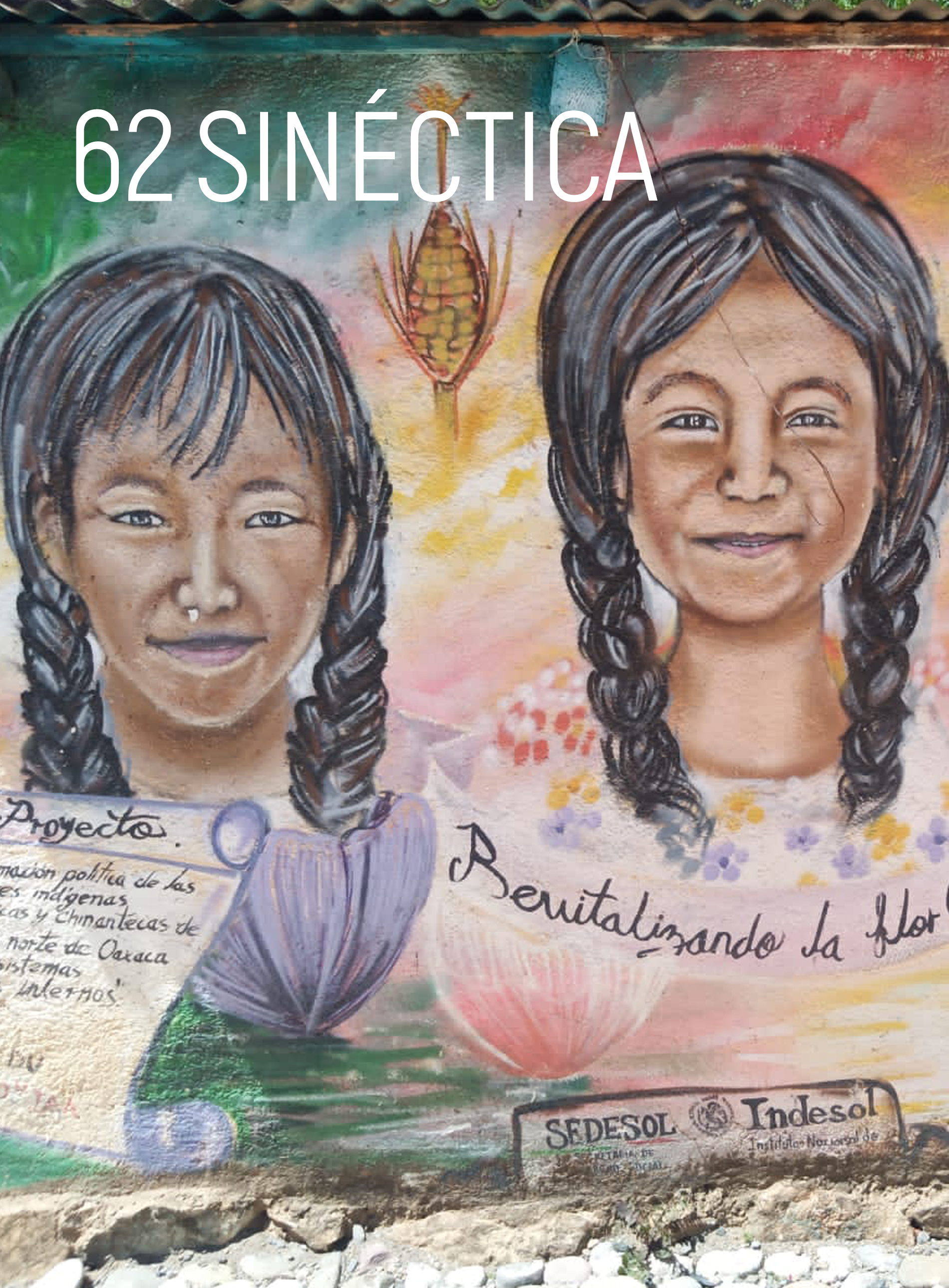Ideologías, políticas y competencia lingüística: universitarios migrantes de retorno en Sonora/Ideologies, policies and language competence: Return migrant college students in Sonora
Palabras clave:
Educación superior, bilingüismo, migrantes de retorno, políticas lingüísticas, ideologías lingüísticasResumen
El objetivo de este trabajo es hacer visible a la población de estudiantes universitarios migrantes de retorno a fin de que se implementen políticas educativas más incluyentes. A partir de la relación entre las ideologías, las políticas lingüísticas y las educativas (Kroskrity, 2000), nuestro trabajo de investigación mixto documenta las experiencias críticas (Block, 2006) de esos estudiantes universitarios en los sistemas educativos de Estados Unidos y México, específicamente Arizona y Sonora. Analizamos cómo el modelo de enseñanza Structured English Immersion, producto de las políticas legislativas contra la educación bilingüe en Arizona, dio como resultado a estudiantes competentes en el inglés en detrimento del español para fines académicos. Al regresar a las aulas en un programa de licenciatura en Enseñanza de Inglés, fue más evidente su efecto, ya que los estudiantes declararon haber pasado múltiples obstáculos en el uso del español para lograr una participación plena.
Descargas
Citas
August, D. & Hakuta, K. (eds.) (1997). Improving schooling for language-minority children: A research agenda. National Academies Press.
Baker, C. (2006). Foundations of bilingual education and bilingualism (cuarta edición). Bristol, Inglaterra: Multilingual Matters.
Block, D. (2006). Identity in applied linguistics. The Sociolinguistics of Identity, 34.
Boyatzis, R. E. (1998). Transforming qualitative information: Thematic analysis and code development. Thousand Oaks, CA: Sage.
Brown, H. D, (2000). Principles of language learning and teaching (cuarta edición). Nueva York, NY: Longman.
Castañeda, J. & Massey, D. (2012, junio). Do-it-yourself immigration reform. The New York Times, 1. Recuperado de http://www.nytimes.com/2012/06/02/opinion/do-it-yourself-immigrationreform.html
Crawford, J. (1997). Best evidence: Research Foundations of the Bilingual Education Act. NCBE Report. Recuperado de http://www.diversitylearningk12.com/resources/CH7/Best%20Evidence_Research%20Foundations.pdf
Cummins, J. (2000). Language, power, and pedagogy: Bilingual children in the crossfire, vol. 23. Multilingual Matters.
Farr, M. & Song, J. (2011). Language ideologies and policies: Multilingualism and education. Language and Linguistics Compass, 5(9), 650-665. doi: 10.1111/j.1749-818X.2011.00298.x
Grosjean, F. (2008). Studying bilinguals. Oxford: Oxford University Press.
Hoffmann, C. (1991). An introduction to bilingualism. Londres, Inglaterra: Longman.
Kanno, Y. & Cromley, J. (2011). English language learners’ college access and attainment: A national level analysis. Presentado en American Association for Applied Linguistics (AAAL) Annual Conference, Chicago.
Krashen, S. (1999). Condemned without a trial: Bogus arguments against
bilingual education. Portsmouth, NH: Heinemann.
Krashen, S. D. & Biber, D. (1988). On course: Bilingual education’s success in California. Los Angeles: California Association for Bilingual Education.
Kroskrity, P. V. (2000). Regimenting languages: Language ideological perspectives. Regimes of language: Ideologies, polities, and identities, 1, 34.
National Center for Education Statistics (2000). Dropout rates in the United States: 1999. Recuperado de https://nces.ed.gov/pubs2001/2001022.pdf
Pérez, S. y López, Y. (2013). Infancia migrante y educación transnacional en la frontera de México-Estados Unidos. Revista sobre la Infancia y la Adolescencia, 4, 28-54. http://dx.doi.org/10.4995/reinad.2013.1461
Ricento, T. (2006). Language policy: Theory and practice–An introduction. An introduction to language policy: Theory and method (pp. 10-23).
Ruiz, F. y García, E. (2015). Movilización, migración y retorno de la niñez migrante. Una mirada antropológica. Región y Sociedad, 27 (93), 432.
Schieffelin, B. B., Woolard, K. A. & Kroskrity, P. V. (eds.) (1998). Language ideologies: Practice and theory. Oxford University Press.
Schiffman, H. & Ricento, T. (2006). Language policy and linguistic culture. An introduction to language policy: Theory and method (pp. 111-125).
Zúñiga, V., Hamann, E. y Sánchez, J. (2008). Alumnos transnacionales. Escuelas mexicanas frente a la globalización. México: Secretaría de Educación Pública. Recuperado de http://digitalcommons.unl.edu/cgi/viewcontent.cgi?article=1095&context=teachlearnfacpub
Archivos adicionales
Publicado
Número
Sección
Licencia

Esta obra está bajo una Licencia Creative Commons Atribución-NoComercial 4.0 Internacional.
Los autores que publican en Sinéctica están de acuerdo con los siguientes términos:
Los autores conservan los derechos de autor y otorgan a la revista el derecho de primera publicación de la obra autorizada simultáneamente bajo una licencia de atribución de Creative Commons, la cual permite a otros compartir el trabajo siempre y cuando se reconozca tanto la autoría de la obra como la publicación inicial en esta revista.
Los autores pueden celebrar acuerdos contractuales adicionales por separado para la distribución no exclusiva de la versión publicada de la revista (por ejemplo, publicarla en un repositorio institucional o en un libro), con el reconocimiento de su publicación inicial en esta revista.
Es permitido que los autores publiquen su trabajo en repositorios institucionales o en su propio sitio web antes y durante el proceso de envío, ya que puede generar intercambios productivos, así como una citación anterior y mayor del trabajo publicado.
Nota aclaratoria: A partir de 2017, Sinéctica se rige con base en la Licencia Creative
Commons Atribución-NoComercial 4.0 Internacional, versión que armoniza las licencias a nivel internacional.
Los artículos de 1992 a 2016 están bajo una Licencia de Creative Commons Reconocimiento-NoComercial-SinObraDerivada 4.0 Internacional, la cual permite compartir y distribuir una obra sin fines comerciales y con reconocimiento del autor, pero prohíbe modificar la creación original.





















